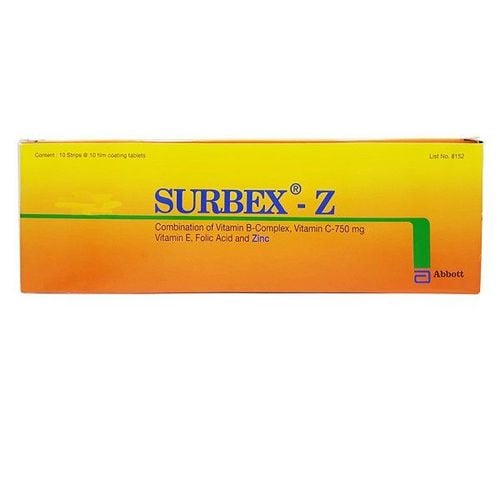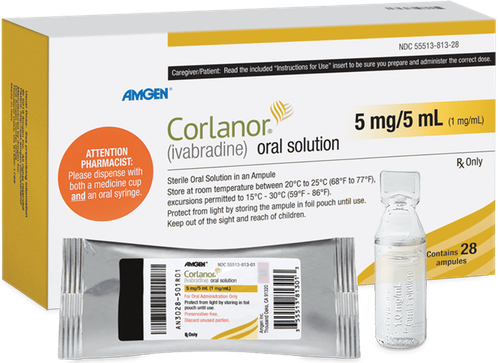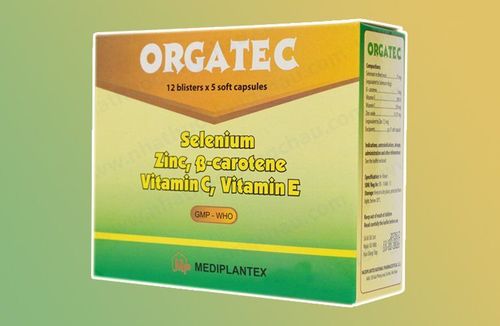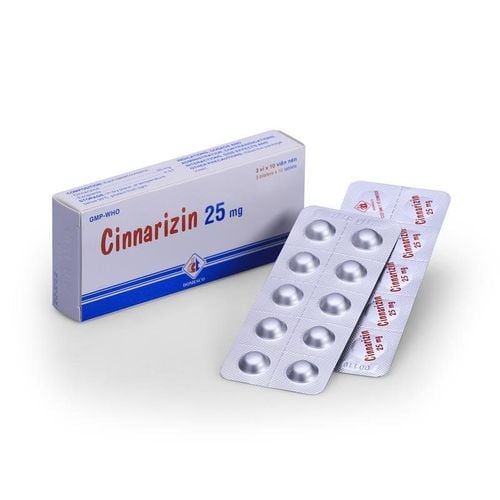This is an automatically translated article.
Zinc is required for the catalytic activity of about 100 enzymes and it plays a role in immune function, protein synthesis, wound healing, DNA synthesis, and cell division. However, zinc deficiency presents a particular health challenge. So is zinc deficiency common, what harm does zinc deficiency cause? Let's read more articles below.1. The role of zinc in your health
Zinc is an essential trace element that has a number of roles and functions in the human body. Zinc is an essential mineral that occurs naturally in some foods, added to others, and is available as a supplement. Zinc is involved in many aspects of cellular metabolism. Here are some of the roles of zinc:Zinc is an essential component / cofactor for more than 300 enzymes involved in the synthesis and metabolism of carbohydrates, lipids, proteins, nucleic acids and micronutrients other. Zinc stabilizes cell membranes and components, so it is important for the structure and integrity of cells and organs. Zinc is required for cell division and is required for normal growth and development during pregnancy, childhood, and adolescence. Zinc is involved in DNA synthesis and genetic expression. Zinc is important for immune function (both cellular and humoral immunity). Zinc is involved in wound healing and tissue repair. Zinc is necessary for the senses of taste and smell. The average person has 2 to 3 grams of zinc at any given time. Zinc is used up in various metabolic processes and is eliminated through normal urinary and urinary channels, so it needs to be replenished regularly. Otherwise, you will experience symptoms of zinc deficiency.
2. Is zinc deficiency common?
Zinc deficiency is characterized by many symptoms such as growth retardation, low blood pressure, loss of appetite, weak immunity, slow wound healing and diarrhea. It can also lead to delayed bone growth, loss of taste and smell, pale skin, fatigue and erectile dysfunction, and unexplained weight loss. Zinc deficiency can also lead to depression, cardiovascular diseases, diabetes, Alzheimer's disease and Wilson's disease.In severe cases, it can lead to: Impotence, hypogonadism, anemia; hair loss, dermatitis ; nerve conduction impairment; macular degeneration...
Many of these symptoms can also occur due to other underlying health conditions. Therefore, it is important that you consult a specialist and have a medical examination to determine if you have a zinc deficiency.
Although zinc deficiency is rare, it is more likely to occur in certain groups such as:
Having an inappropriate diet. Gastrointestinal diseases include ulcerative colitis, Crohn's disease, short bowel syndrome, and chronic diarrhea. Chronic liver disease. Chronic kidney disease. Alcohol dependence (decreased zinc absorption and increased urinary zinc excretion). People with sickle cell disease. Diabetes. Pregnant or nursing women Older children exclusively breastfed Vegetarians and vegans Those taking large amounts of iron (iron can interfere with zinc absorption).

Thiếu kẽm có phổ biến không là thắc mắc của nhiều người
3. Zinc Deficiency: A Special Health Challenge
Zinc is important for a healthy immune system. It helps to activate T lymphocytes (T cells) in your body. T cells help you in two ways. They control and regulate immune responses, and they attack infected cells.Moreover, zinc deficiency in the body can increase the risk of pneumonia and some infections in children and the elderly.
Zinc helps keep the integrity of your skin. It helps speed up the wound healing process. It plays an important part in the production of collagen, a connective tissue necessary for skin repair and regeneration.
As oxidative damage increases, it can be difficult for your body to heal tissue damage. This essential mineral is an antioxidant micronutrient that helps reduce oxidative stress. It also helps to reduce inflammation and resurface wounds so your bruises heal and cover
Zinc deficiency can lead to a weakened immune system and thus an inability for the body to fight off infections diarrhea-causing bacteria. Many studies link acute diarrhea with high mortality in children in developing countries.
A study published in the American Journal of Clinical Nutrition found that zinc supplements can help in reducing the severity of diarrhea in malnourished children
Zinc supplements (especially in children) lozenges or syrups) help reduce the severity and duration of colds and other minor illnesses. This mineral can help reduce the number of inflammatory cytokines, which aggravate the body with cold or other infections. In addition, it has the ability to stimulate white blood cell activity which is ideal for reducing colds and infections.
Zinc is necessary for the repair and functioning of DNA. It is necessary for the rapid growth of cells and for the construction of major cellular components during pregnancy. The enormous growth and enzyme activity that takes place during pregnancy make it one of the most important nutrients for babies and mothers.
In women, zinc is very important in the formation and development of the embryo. In men, zinc aids in spermatogenesis and development of the sex organs, while in women, zinc aids in all reproductive stages, including reproductive and lactation. When it comes to sperm, this mineral plays an important role in a number of ways. First of all, it acts as a sedative so that the sperm does not expend unnecessary energy. It also protects the reproductive DNA inside the sperm from being disrupted, so the correct transfer of information is guaranteed. Once sperm enters a woman's reproductive tract, it quickly dissipates and there is a sudden burst of energy that propels it up the tube. Finally, it is an essential part of the enzymes that allow sperm to enter the egg.
In addition, zinc is also involved in the synthesis of collagen. This further aids in normalizing the presence of oil under the skin and improves the maintenance of healthy skin. The open sores that accompany acne are practically magnets for bacterial and viral infections and this mineral can stimulate white blood cell counts and reduce the risk of any kind of infection. which insect.
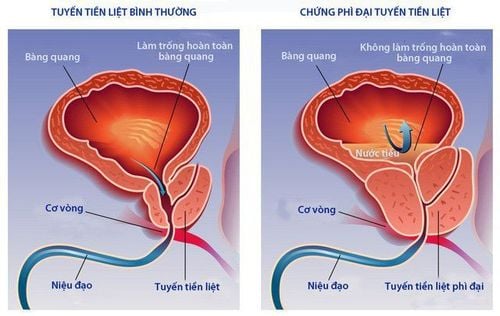
Thiếu kẽm kéo dài có thể là nguyên nhân gây phì đại tuyến tiền liệt
Maintaining your zinc status within the normal range can be the key to a longer, healthier life by optimizing the function of your immune system. Along with eating a healthy, nutrient-dense, plant-based (Nutritarian) diet, slows the aging process, reducing the risk of pneumonia and other life-threatening infections.
Because the symptoms of zinc deficiency can be subtle, mild forms are difficult to diagnose. If you have signs of zinc deficiency, it is most likely due to a deficiency of this mineral, or it could be due to another cause. Therefore, for a definitive diagnosis, you need to be examined by specialists, perform laboratory tests to get a definitive diagnosis.
Tests needed:
Your doctor will order some blood tests to help evaluate the cause of your symptoms.
Peripheral blood cell analysis: Through this test, doctors will know if you have an infection (high white blood cell count), or anemia (shown by a change in the number of blood cells). and/or red blood cell size). Infections and anemia often cause symptoms similar to zinc deficiency.
You may also be tested for electrolytes (calcium, potassium, sodium and chloride levels) in your blood. These values reflect nutritional deficiencies and medical conditions. In addition, your doctor may also order thyroid hormone testing because thyroid diseases can cause some of the same symptoms as a zinc deficiency.
And last but not least, check your zinc levels. The normal reference range is 0.60-1.20 mcg/mL for children under 10 years of age and younger and 0.66-1.10 mcg/mL for children over 10 years of age and adults.
Treatment of zinc deficiency
You can increase your zinc intake by getting more zinc in your diet. The age-based recommendations for daily zinc levels developed by the Food and Nutrition Board (FNB) at the Institutes of Medicine of the US National Academy of Sciences are as follows:
Infants 0–6 months of age : 2 mg Children 7-12 months old: 3 mg Children 1–3 years old: 3 mg Children 4-8 years old: 5 mg Children 9-13 years old: 8 mg Adults and children 14 years of age and older: 11 mg for men and 9 mg for women Pregnant women should get about 12 mg of zinc per day and breastfeeding women need about 13 mg of the mineral per day. Among foods, oysters contain particularly high levels of zinc per serving. Just 85 grams of raw oysters provide 74 mg of zinc, significantly more than an adult's daily requirement.
Most other foods contain less zinc than oysters, but a healthy diet can easily provide you with the recommended amount. Foods that contain zinc include:
Red meat Poultry Seafood, especially crab and lobster Fish, such as halibut Legumes Wheat germ Nuts Dairy products, such such as cheese and yogurt If you are a vegetarian, it can be more difficult to get the recommended amount of zinc from food. A few tips for you to add foods like baked beans, cashews, peas and almonds are all good sources of zinc instead.
You can also treat zinc deficiency immediately by supplementing with functional foods. Zinc is found in many multivitamin supplements. It is also found in some cold medicines, however you should not take cold medicine if you are not sick. You can also buy supplements that only contain zinc.
If you are using supplements to increase the amount of zinc in your body, be aware that zinc can interact with some medications such as antibiotics, arthritis drugs and diuretics.
In most cases, zinc deficiency is not an emergency. But if you're pregnant or breastfeeding and suspect a zinc deficiency, it's extremely important that you address it right away. Zinc is essential for healthy development in the womb.
If you know that you are deficient and have diarrhea that lasts for several days, you should call your doctor. Zinc is a mineral that helps your gut fight infections, and without it, your infection can become more serious.
However you can get zinc poisoning if you take too much. Symptoms will include:
Abdominal pain Sudden and persistent headache Nausea and vomiting Temporary loss of consciousness. Children need to provide enough elemental zinc/day for them to eat well, reach the correct height and weight and exceed the standard. Zinc plays a role in affecting most biological processes taking place in the body, especially the breakdown of nucleic acids, proteins... Organs in the body when zinc deficiency can lead to a There are a number of diseases such as neurological disorders, irritability, etc. Therefore, parents need to learn about the role of zinc and guide them to appropriate zinc supplements for their children.
In addition to zinc, parents also need to supplement their children with other important vitamins and minerals such as lysine, chromium, B vitamins,... errands.
Please regularly visit Vinmec.com website and update useful information to take care of your baby and family.




